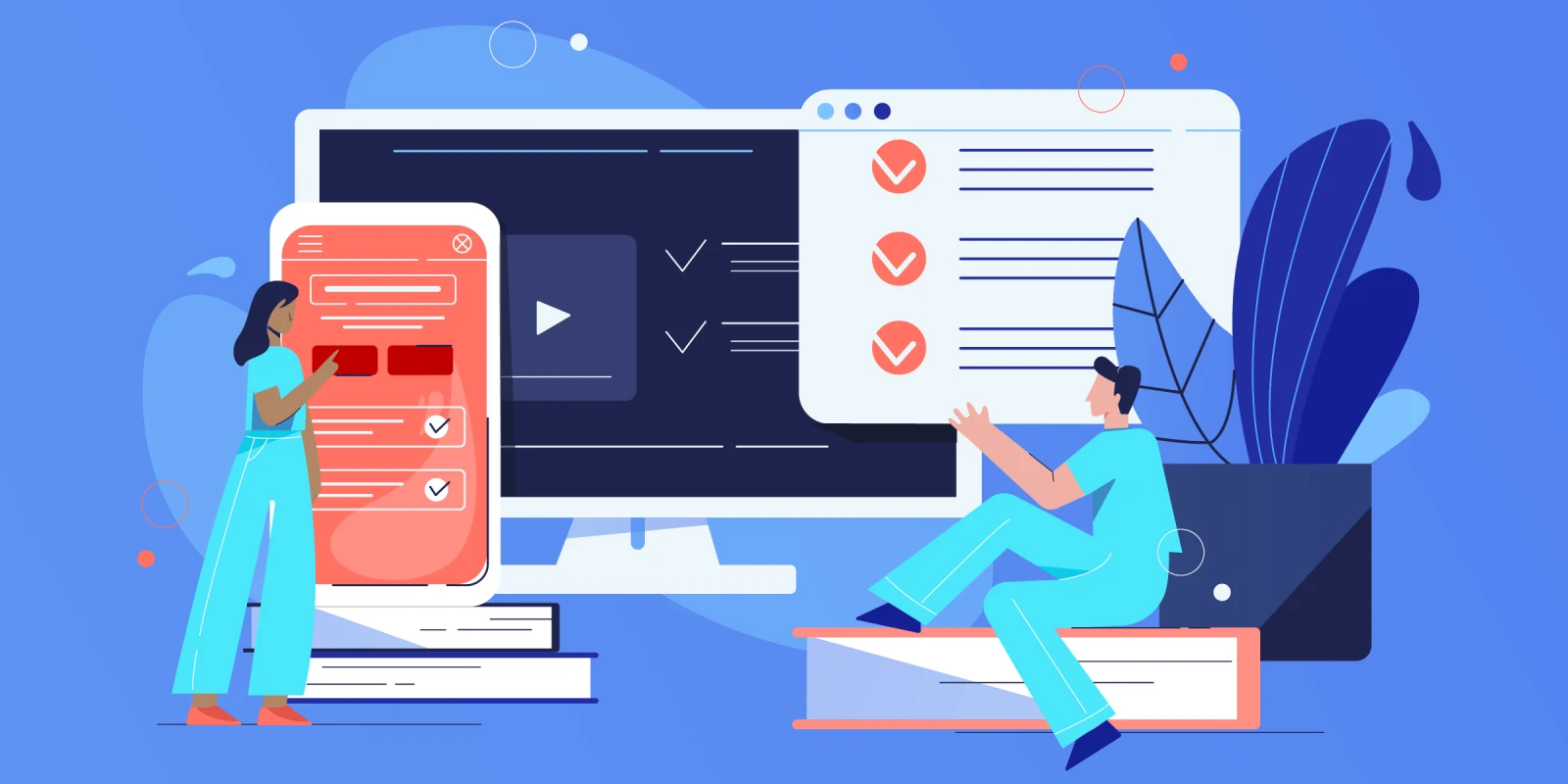I failed my USMLE Step 1 by 1 point. This was very hard for me to process, and I consistently wondered if I would have passed if I had just waited an additional week. This new challenge led me to reach out to a new resource — the Disability Office.
Never before had I considered my medical diagnosis of endometriosis and anxiety as a “disability.” I had obviously done well enough to graduate college and get into medical school. Although I never seemed to be able to achieve top grades in my class. I had always believed this was an explanation for being less intelligent than my peers. However, the Disability Office helped me realize that the standardized testing system was not equitable and did not allow me to do my very best in these exams. Through this experience, I realized that I do have a disability. All a disability means is that it prevents one from achieving what other people without a disability can achieve.
Below is a portion of the approved letter I wrote to the medical association to request “special accommodations” for my next USMLE Step 1.
Since primary school I knew I struggled with standardized exams. When we were administered the state-required exams, I was usually the last to finish and always ended up with a mediocre score. Even when I took extra time to study for these exams, I struggled to score well. This continued every year, such that I just began to accept it as part of my identity.
When it was time for me to prepare for the MCAT, I knew that I would have to put in as many resources I could in order to do well. After completing a virtual course and taking several practice tests, I knew I was ready to sit for the exam. What I vastly underestimated was how my emotions and health would impact the process. The morning of my first MCAT, I was a bundle of nerves. Sitting in the testing center in front of the computer, all I could focus on was other students standing up, coughing, or the administrator peering over my shoulder, silently judging me. My heart raced, and my hands slipped off the mouse as I tried to use it to click through each question. I had to read over question stems multiple times, as I could not remember what I previously read. Rarely did I get through all the questions, and I had to quickly guess the answers as the seconds counted down to the end.
I knew that my MCAT did not go well, but I was not prepared for how poorly I would do. My extremely low score hit me hard. However, I knew that my anxiety attack would not prevent me from achieving my medical school dreams. Therefore, the next school year I spent double the amount of months studying, did weekly timed practice tests, and practiced meditation and yoga. Finally, when I was scoring in the range I needed on the practice exam, I scheduled my exam, and finally passed it.
Once I arrived in medical school, I was disappointed to learn that the testing environment would be a standardized format with little access to the restroom or a water bottle. The first couple of times I took the exam in this environment were horrendous. The exam was almost three hours long, and my bladder screamed at me in agonizing pain after the first hour. I knew that if I got up to take a bathroom break, I would lose time on my exam. I could not afford to lose that time on the exam. As expected, I did not do very well on that first medical school exam, and after a couple of poor exam scores, I was provided tutoring support from the medical college. However, the tutors could rarely find any area that I did not understand well. Something was happening whenever it was a formal and standardized exam environment.
The medical school health insurance empowered me to receive additional medical and mental health care that I was previously unable to access. In class, I found myself checking off all the symptoms of endometriosis and other female reproduction conditions, so I pursued the opinion of a specialist. At first, I was told it was just my anxiety and my medical student brain freaking out. This medical gaslighting and my anxiety led me to spend even more time in search of a diagnosis rather than studying. Unfortunately, this mental turmoil significantly impacted my academics, and I ended up failing the block exam for this unit. In every question stem, I began to see myself instead of the text, and started to reconsider if I really had the medical issues I believed I had.
Eventually, I found a physician who agreed that my 10-year-long pelvic and abdominal pain was most likely endometriosis, and I was able to have laparoscopic surgery, which determined I did in fact have endometriosis. The scar tissue removed did reduce my pelvic pain, but I continued to experience pain. About once an hour, I start to feel a deep-searing pressure in my lower abdomen, which becomes more painful every minute I wait to go to the restroom. It is for this chronic health condition that I am seeking additional break time for my retake Step 1 examination. I require additional break time so I do not suffer additional pain, discomfort, and anxiety that can be detrimental to my body and test-taking experience.
If you are a medical student who also suffers from a hidden disability, remember, we have worked so hard to get to this level in our education, and it does not mean we are any less intelligent. If you are considering whether you also need special accommodations for exams, contact your school’s Disability Office. I wish someone had made me aware of the possibility earlier in my educational career, especially when I demonstrated a long history of struggling with standardized exams.
How have you dealt with unique challenges to medical education? Share your experiences in the comment section.
Stephanie Moss (she/her) is a Latina third-year medical student studying at Rush Medical College in Chicago, and is pursuing becoming a trauma-informed family medicine physician. She is in the process of building a website that contains her writings and hundreds of resources on trauma-related health conditions for both patients and health care providers. Her website is medpsycmoss.com, her Instagram/Twitter is @medpsycmoss, and her LinkedIn is https://www.linkedin.com/in/stephanie-e-moss/.
Image by VBohdan Skrypnyk / gettyimages







